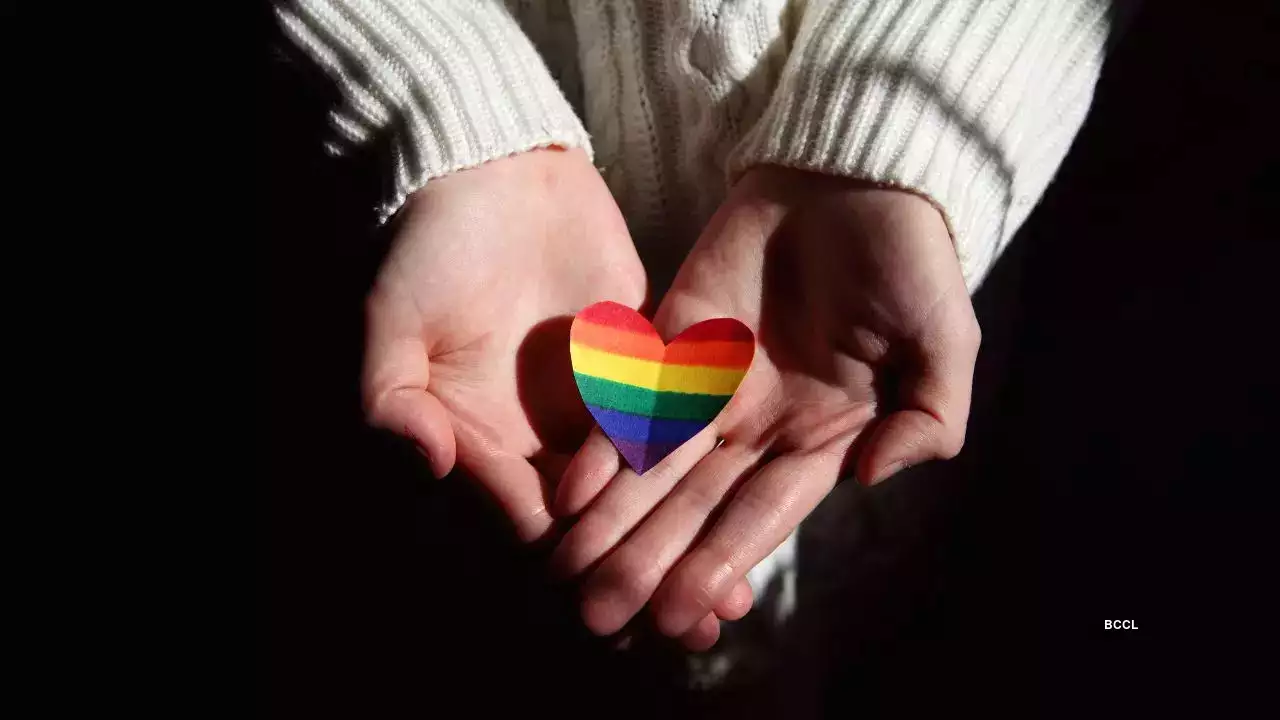India has made progress in LGBTQ+ rights since the Supreme Court’s landmark decision in the 2018 Navtej Singh Johar case. However, significant challenges remain in areas such as same-sex marriage and adoption rights due to existing Indian marriage laws and legal gaps highlighted by the Delhi High Court’s 2020 judgment. Adoption barriers persist for LGBTQ individuals.
India, with its rich tapestry of culture and tradition, has long grappled with the issue of LGBTQ+ rights within its legal framework. Rooted in colonial-era laws and societal norms, the LGBTQ+ community has faced numerous legal challenges, from the criminalization of same-sex relationships to the quest for marriage equality and adoption rights.
While significant strides have been made in recent years, formidable hurdles to full legal recognition and equality persist.
For nearly 150 years, Section 377 of the Indian Penal Code, a colonial-era law prohibiting same-sex relationships, negatively impacted the lives of LGBTQ+ individuals. A watershed moment came in 2018 when the Supreme Court, in the Navtej Singh Johar case, declared Section 377 unconstitutional, thereby legalizing same-sex relationships and affirming the right to love and intimacy for LGBTQ+ persons.
Despite this achievement, the legal recognition of same-sex marriage remains a significant hurdle. Indian marriage laws, deeply influenced by religious customs and traditions, do not recognize unions between people of the same gender. This exclusion means that same-sex couples cannot access many of the privileges of marriage, such as joint property ownership, inheritance rights, and the ability to adopt children.
The Delhi High Court’s 2020 judgment in Mridul v. Union of India was a progressive step, recognizing the right of same-sex partners to live together and granting them some protections under domestic violence laws. However, this ruling only partially addresses the broader issue of legal recognition for same-sex relationships.
Adoption rights and parenting remain significant areas of concern for the LGBTQ+ community. Existing laws do not explicitly recognize the rights of same-sex couples, creating barriers for LGBTQ individuals seeking to adopt. The Surrogacy (Regulation) Bill of 2019 further exacerbated the situation by limiting surrogacy to heterosexual married couples, excluding same-sex couples and single individuals from accessing this means of starting a family.
Amidst these challenges, there is hope for change. The Madras High Court’s 2020 ruling in Arunkumar & Sreeja v. The Inspector General of Registration set a legal precedent by recognizing marriages under the Hindu Marriage Act and the rights of transgender individuals to marry and form legal partnerships. Such rulings represent steps forward in the fight against prejudice.
Additionally, many state governments have taken proactive steps to protect LGBTQ+ rights. For example, Kerala established a transgender justice board in 2021 to address community-specific issues, including the legal status of relationships and protection from discrimination.
Looking ahead, it is anticipated that India will enact more laws and regulations related to LGBTQ+ rights. Expected changes include amendments to marriage laws to encompass same-sex unions, explicit recognition of adoption by LGBTQ couples, and comprehensive anti-discrimination legislation to protect LGBTQ individuals from discrimination in various spheres of life.
In summary, while significant progress has been made in advancing LGBTQ+ rights in India, challenges persist, particularly concerning the legal recognition of relationships. Landmark court rulings have paved the way for change, but legislative reforms are necessary to ensure full equality and inclusion for LGBTQ+ individuals and couples in India.




